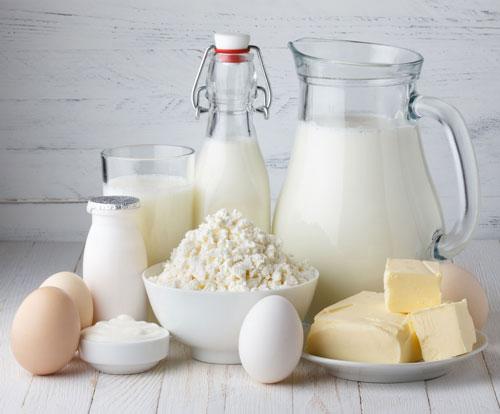
Organic food is one of those things which people vaguely know is ‘good’ for them, without, often enough, being able explain why. Here, we lay out the facts—from pesticides to soil erosion—and let you decide.
What is organic?
Essentially, an organic product has to have been grown or produced without the use of things like man-made fertilisers, antibiotics, artificial pesticides, livestock feed additives and genetically modified products. Organic farmers rely on methods such as crop rotation, animal and plant manures for fertilising, some hand weeding and biological pest control.
Why eat organic?
There’s a blanket assumption that organic food is beneficial for your health, and better for you than non-organic products. Experts have disagreed though as to whether the nutritional benefits of organic versus non-organic food are truly tangible.
However, research published in the British Journal of Nutrition has found significant nutritional differences between organic and non-organic farming. In 2014, a team at Newcastle University concluded that organic crops are up to 60 percent higher in a number of key antioxidants than conventionally grown foods. Furthermore, organic meat and milk were both shown to contain around 50 percent more beneficial omega-3 fatty acids than conventionally produced products.
In addition, those who are concerned about controversial food additives, like GMO ingredients, hydrogenated fats and certain artificial colours and preservatives, should opt for organic, as all of these are banned in organically produced foods.
It’s still important to remember though that just because something is organic doesn’t mean you can eat as much as you want of it—chocolate for example, whether it’s organic or not, should always be eaten in moderation!
See also: The Benefits of Going Organic
A greener option
Intensive farming can have a deeply negative impact on the environment, including soil erosion, chemicals leaching into water systems, soil contamination and certain weeds and insects becoming resistant to herbicides and pesticides. In comparison, organic farming doesn’t rely on synthetic or petroleum-based pesticides or fertilisers. It also reduces water and soil contamination.
In addition, organic farming could help combat climate change. Agriculture is responsible for around 14 percent of total greenhouse gas emissions worldwide. The Soil Association claims that the widespread adoption of organic farming practices in the UK could offset at least 23 per cent of the country’s current emissions. Healthy soils are a major store of carbon, and the impact of switching to organic farming could save 64 million tons of carbon over 20 years across cultivated land and across the country.
See also: Organic and Natural Skincare
Creature comforts
When it comes to meat and dairy, organic farming standards also include strict guidelines regarding animal welfare. All animals have to be genuinely free range, and Soil Association standards also cover the use of antibiotics and hormones, living conditions, transport and slaughter.
Eating organic: what to look for
When shopping for organic food, keep an eye out for labels like the Soil Association—the gold standard of organic labelling. When you’re searching for composite foods (food that are made up of more than one food group), at least 95 percent of the ingredients must have come from organically produced plants or animals. This means that some non-organic foods are allowed, although all artificial colourings and sweeteners are banned.
See also: Nutrition & Weight Loss: Foods that Speed Up Metabolism

















